Ants

Pest Files: Locating Ant Nests
A major key to dealing with ants at your facility is to know how to locate an ant's nest and to understand what attracted the ants in the first place.

Ants: Complex, but Controllable Pest
With more than 12,400 species of ants in the world, controlling ants seems complex. By understanding ant behavior, you can easily eliminate them.

Common Types of Ants
Ants can cause serious problems for your business. Use this guide to identify common types of ants so you can confidently maintain a pest-free facility.
Bed Bugs

Being Proactive About Bed Bugs
With bed bug infestations up more than 16.9% versus prior year*, more and more hospitality customers are looking for bed bug pest control.
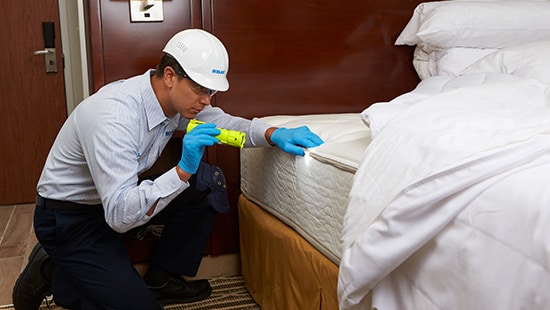
Bed Bugs are Back
After many years of virtual eradication from the hospitality industry, the bed bug is back and showing up in even the most exclusive hotels and resorts.
Cockroaches
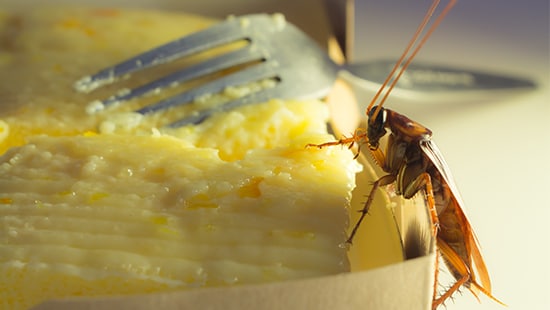
The Dangers of Cockroaches
Learn how cockroaches can affect food safety.

Diseases Spread by Cockroaches
They are known transmitters of diseases and can easily contaminate food and food-handling surfaces.

Common Pest Cockroaches
Learn about common species of cockroaches most commonly found in commercial kitchens and food handling facilities.
Large Flies

Facts About Large Flies ("House Flies")
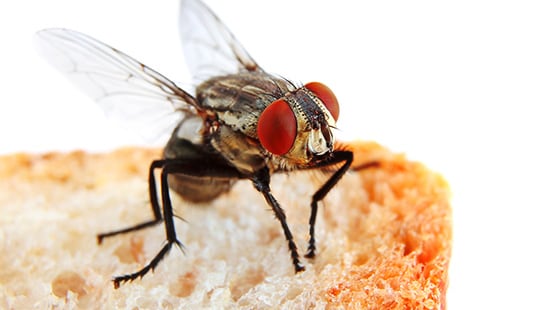
Large Flies and Food Safety

How to Prevent Large Fly Problems
To protect your business from the health risk posed by large flies such as houseflies and bottle/blow flies, there are steps you and your pest management provider can take to minimize food safety risks.
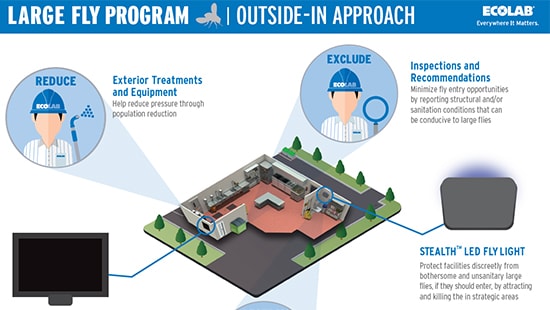
Benefit of Outside-In Approach
Implementing a comprehensive program utilizing an Outside-In Approach can greatly improve your efforts towards large fly prevention in your facility.
Small Flies
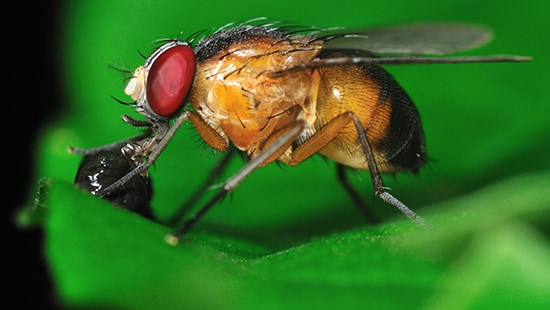
Facts About Small Flies
Depending on the types of flies that are present, different actions may be required for treatment and elimination. Understanding some of the more common types of small flies and their preferred breeding sites can help with fly prevention in your facility.

Fruit Flies and Food Safety
Although the fruit fly (also known as a small fly) has historically been considered a nuisance pest, recent research proves that small flies contaminate food with bacteria carried from unsanitary surfaces (such as trash, drains, mops, etc.).
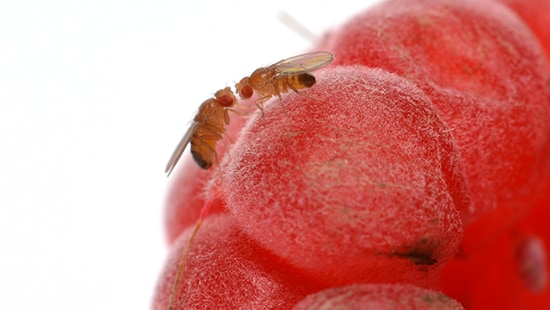
Fly Control and Prevention
There are many simple actions that can make a big difference in avoiding a fruit fly infestation.
Rodents
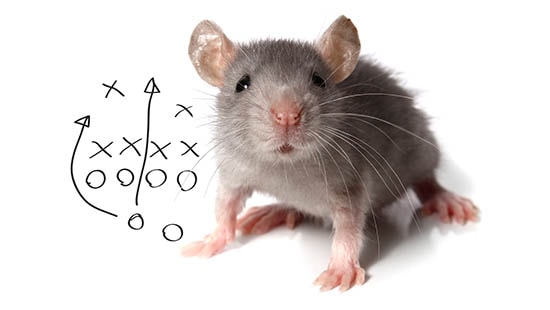
A Winning Playbook for Rodent Defense and Food Safety
Rodents can be a major problem for food and beverage processing facilities any time of year, but the adverse conditions of winter can accelerate the problem.
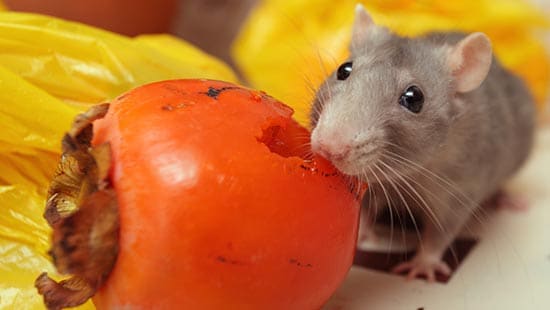
Food Safety 101: Inspecting Winter Deliveries for Rodents



